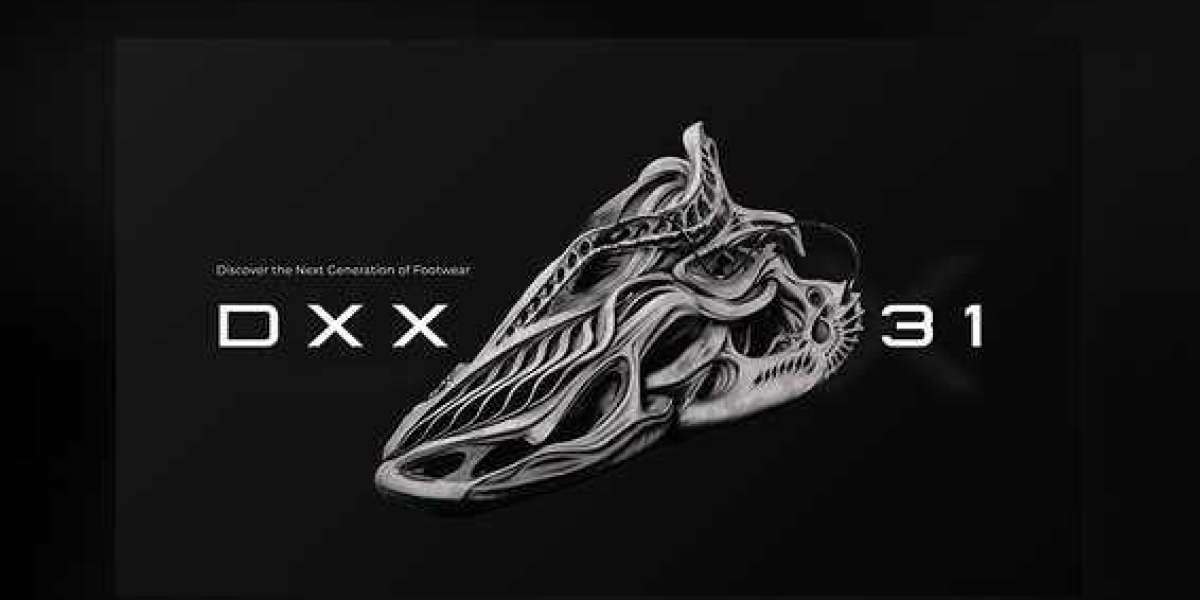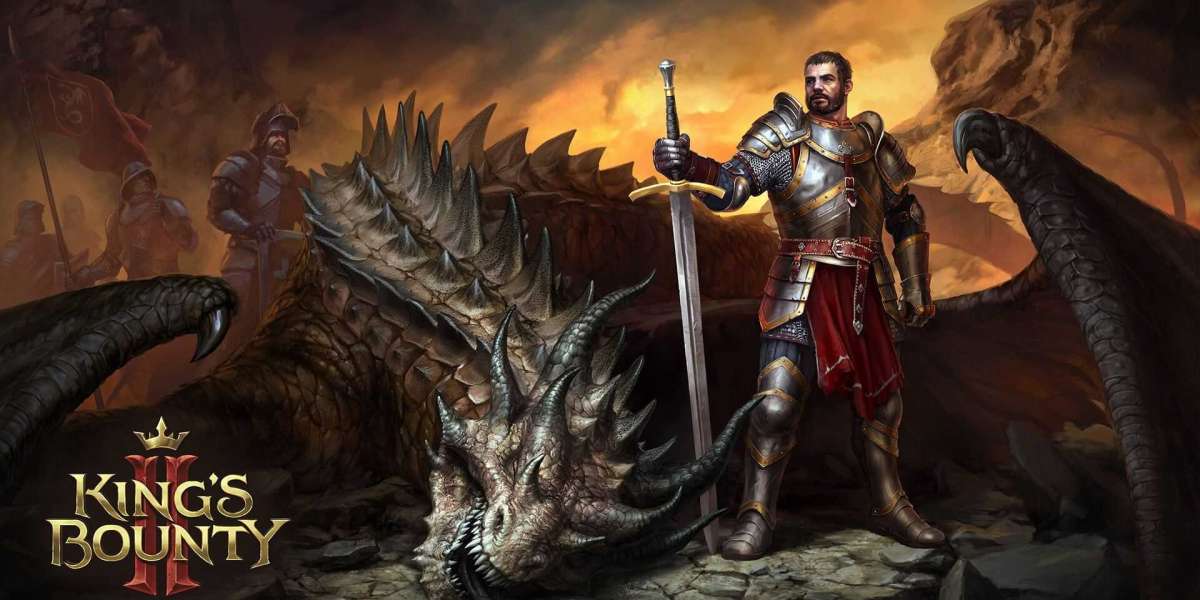Introduction:
In the summer of 1968, a year characterized by social upheaval and political tension, one particular event captured the attention of the world and marked a turning point in American history. The 1968 Democratic National Convention, held in Chicago from August 26th to August 29th, became a crucible for the deep divisions plaguing the nation and a stage for major political confrontations, street protests, and unprecedented violence.
The Democratic National Convention was intended to nominate the party's candidate for the upcoming presidential election and formulate their platform. However, the event quickly descended into chaos and captured the nation's attention, ultimately revealing the deep social, generational, and ideological fault lines running through American society.
Prelude to Change:
1968 was a year defined by civil rights activism, anti-war sentiment, and a generational clash that traced its roots back to the cultural shifts ignited by the counter-culture movement of the 1960s. The Vietnam War had become a focal point for controversy, leading to widespread demonstrations and opposition throughout the country. The Democratic Party itself was divided between more establishment figures and anti-war progressives rallying behind Senator Eugene McCarthy and his anti-war campaign.
Tensions Reach a Boiling Point:
As the convention began, clashes erupted between protesters and the police, with thousands flooding the streets surrounding the convention center. Demonstrators sought to voice their opposition to the ongoing war in Vietnam and what they saw as the Democratic Party's failure to address wider social issues. Meanwhile, inside the convention center, party leaders maneuvered for control and tried to maintain unity amidst the growing turmoil.
The Violence Unleashed:
On the night of August 28th, the situation reached a boiling point when Chicago police, under Mayor Richard J. Daley's directive, violently clashed with protesters in what became known as the Battle of Michigan Avenue. Images of police brutality were broadcasted live on television, showing officers wielding batons and tear gas against both protesters and journalists alike. The brutal crackdown sparked outrage across the nation and further intensified the divisions within the Democratic Party.
Consequences and Significance:
The 1968 Democratic National Convention proved to be a watershed moment in American politics. It marked a significant shift in public perception and diminished the credibility of the Democratic Party. The convention shattered the party's image of unity and exposed the deep fractures within its ranks, ultimately leading to Richard Nixon's election as president in the following months.
adidas women's nmd shoes saleFurthermore, the violence and unrest witnessed during the convention spurred calls for change and launched widespread reforms in both the Democratic Party and the country as a whole. The events of that tumultuous week in Chicago served as a catalyst for the broader social and political changes that would define the subsequent decade.
Conclusion:
nike huarache 2014 prixThe 1968 Democratic National Convention represented a pivotal moment in American history, encapsulating the deep divisions and growing unrest of the era. The clashes between protesters and police, the violent crackdown, and the subsequent consequences all left an indelible mark on the nation's consciousness. This event provided a stark reminder that even in the heart of American democracy, the nation was grappling with profound social and political challenges that would continue to shape its future.
air jordan 7 pantone







